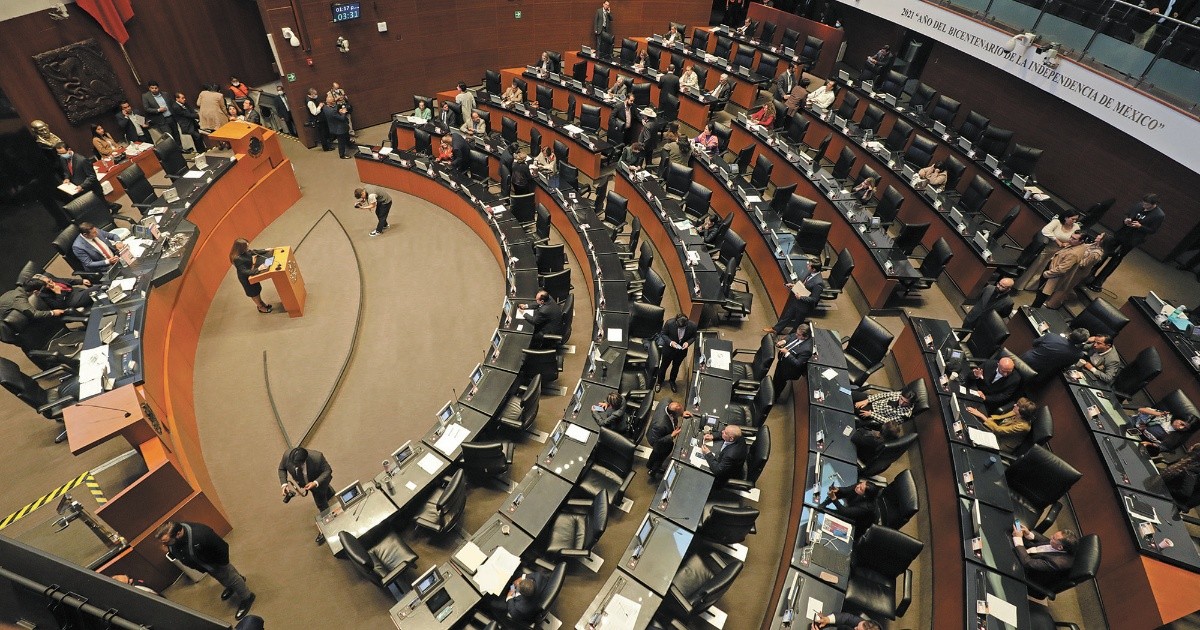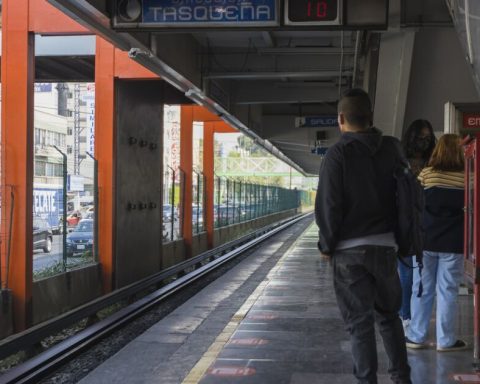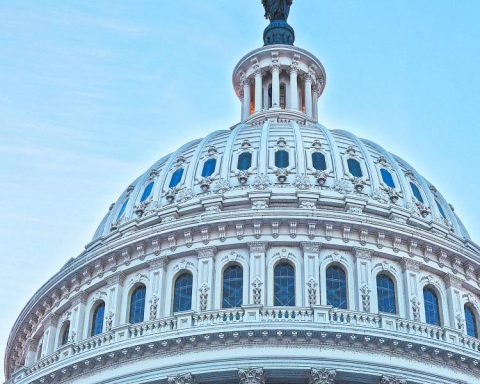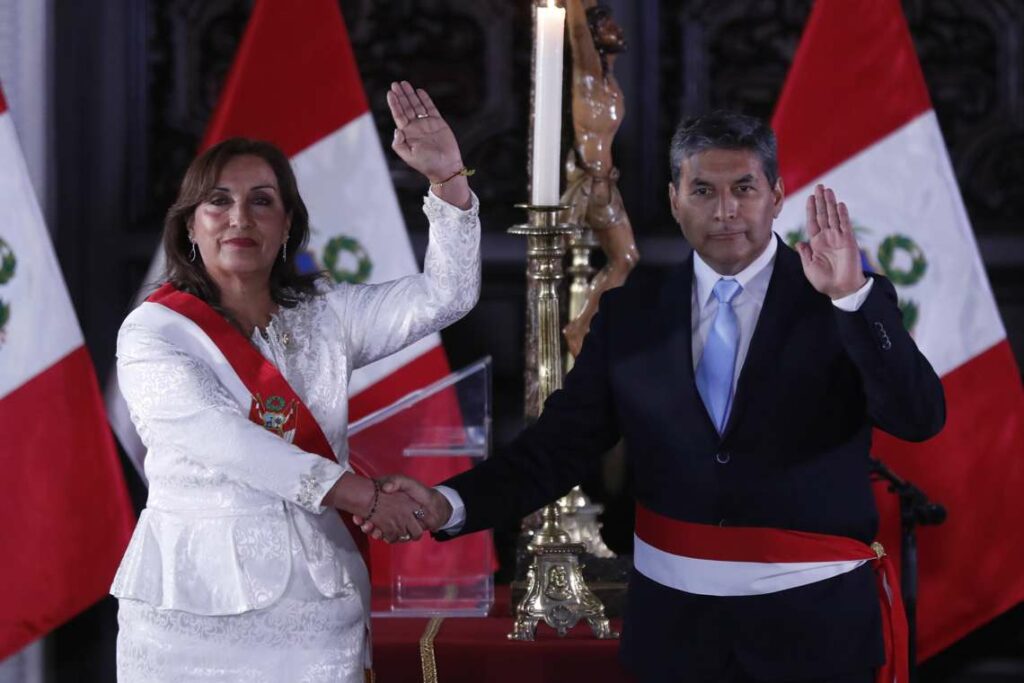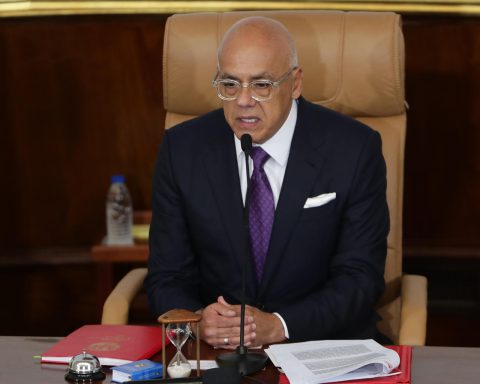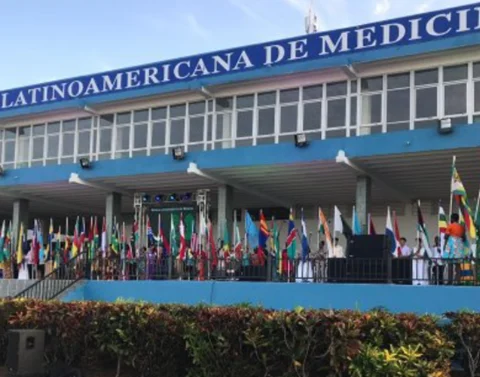In short, the Chamber of Senators will modify 43 articles of the General Law of Electoral Institutions and Procedures (Legipe), General Law of Political Parties (LGPP), Organic Law of the Judiciary of the Federation (LOPJF) and the new General Law of Means of Challenge in Electoral Matters (LGMIME), contained in the minutes sent last week by the Chamber of Deputies.
According to the draft opinion that the Governance and Second Legislative Studies commissions of the upper house will discuss and vote today, with the intention that tomorrow they will be approved by the full chamber, 22 changes correspond to the Legipe; 16 to the LGPP, four to the LOPJF, and one to the LGMIME.
Among the main changes made by the reviewing chamber, already agreed with the lower house as the chamber of origin to speed up the concretion of the amendments to the secondary legislation on electoral matters —the so-called “plan b” promoted by President Andrés Manuel López Obrador— to encourage federal deputies to agree to the modifications made by the senators when the minutes are returned to them, they highlight the elimination of all reference to the fact that political parties will not lose their registration at the national level if they do not reach at least 3% of the vote provided that they reach that threshold in 17 states of the country, and the prohibition of transferring or distributing votes between affiliated parties.
Thus, by decision of the ruling commissions, the Legipe will specify in article 12, numeral 2: “The right of association of political parties in electoral processes to positions of federal or local popular election will be regulated by the General Law of Political Parties .
“Regardless of the type of election, coalition agreement or common candidacy and terms specified therein, each of the political parties will appear with its own emblem on the electoral ballot, depending on the election in question; the votes will be added for the candidate of the coalition and will count for each one of the political parties for all the effects established in this Law. In no case can voting be transferred or distributed by means of a coalition agreement”.
match registration
From article 15, the wording of numerals four and five that had already been approved by the lower house and that establishes:
“The national political party that does not obtain at least 3% of the total valid votes cast in any of the elections held for the renewal of the Executive branch or of the Chambers of Congress of the Union, will be canceled. registration, unless it has maintained the registration as a local party, obtaining at least 3% of the valid vote cast, in at least half plus one of the total of the federal entities where a concurrent election has been held, this will apply for the election where the president of the Republic, senates and federal deputies are elected, as well as in the election where only the Chamber of Deputies is renewed.
“In order to guarantee parity in the conformation of the members of the Chamber of Deputies, the mechanisms and rules must be established to make the adjustments that, where appropriate, must be made in the multi-member lists once the election has concluded. by the principle of relative majority.
“In any case, the adjustment rule will be applied to the political party that reaches the highest number of votes, which, in coordination with the federal or local electoral administrative authority, as the case may be, will determine by mutual agreement the shifting until reaching parity by means of a rule of adjustment”.
Article 272 Bis would specify that senators or deputies seeking re-election must “separate from office until one day before the start of the campaigns.”
Of the LGPP, article 10 will be modified to specify that the total number of militants of local political parties in the entity must not be less than 0.26% of the electoral roll used in the ordinary local election immediately prior to the presentation of the application. concerned; the minutes established 0.52 percent.
And from article 51 the numeral that provided was also eliminated:
“Political parties may, charged to their ordinary public financing, make savings in a fiscal year to be able to exercise it in subsequent years.”
